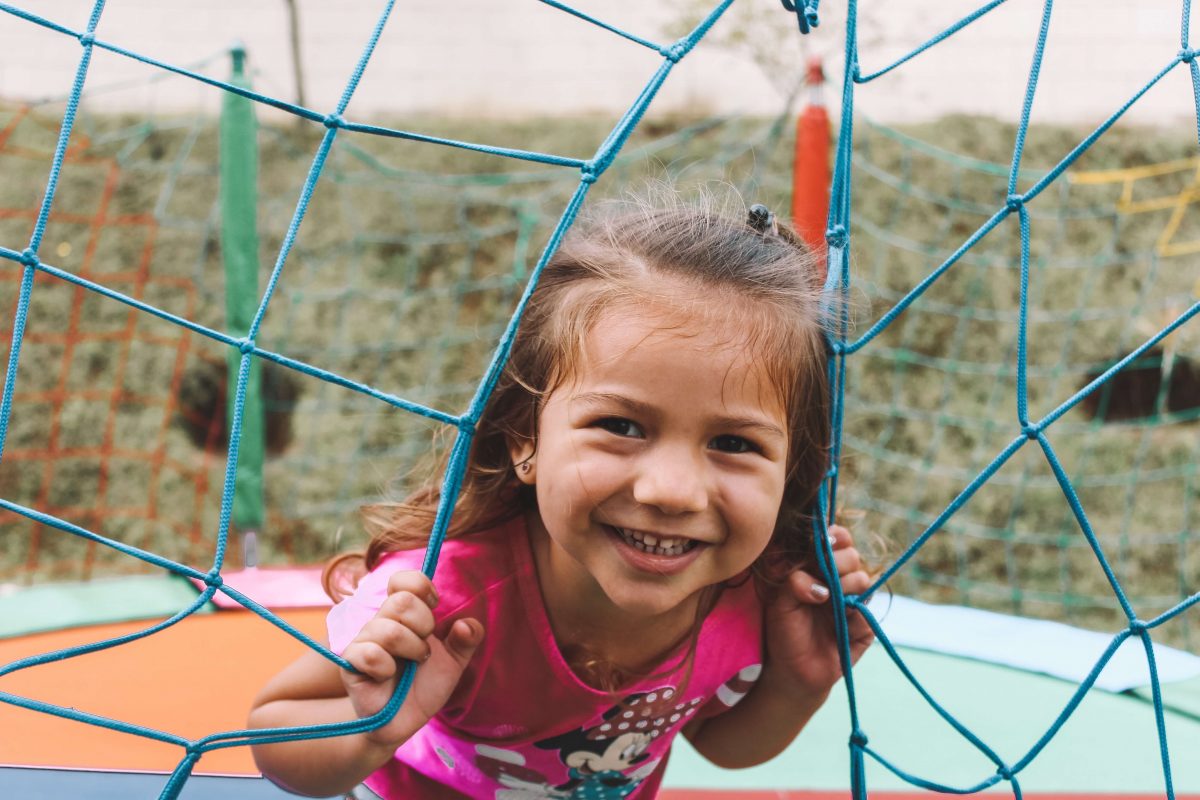What makes a child happy?
We all want the same for our children. After all, we want our child to grow up to love and be loved, to follow their dreams and to find success. But most of all, we want them to be happy. But how much control do we have over our children’s happiness?
According to research by American specialist Bob Murray, it is clearly shown that happy, optimistic children are the product of happy, optimistic families. If you would like to know what you can do to create a home where your child’s happiness will flourish. Then read on for some strategies that will enhance your child’s ability to experience joy!
Promote social connections
The surest way to promote your child’s lifelong emotional well-being is to help them feel connected. Connected to you, other family members, friends, neighbors, nurseries and even pets.
According to child psychiatrist Edward Hallowell, a connected childhood is the key to happiness. After all, a sense of being loved, understood, wanted and recognized is by far the greatest protector against emotional stress and negative thoughts. Plus risky behaviors such as smoking, drinking and using drugs.
Hallowell says the closest thing we can get to an inoculation against misery is offering “crazy love” that never ends. However, it is not enough to possess that deep love, but your child needs to really feel it too. So hold your baby as much as possible, respond with empathy to his or her screams. Read to the child, eat together as much as possible, plus cuddle and laugh a lot.
Don’t try to make your child happy
This may sound counterintuitive, but the best thing you can do for your child’s long-term happiness may be to stop trying to keep this child happy in the short-term. Because if we put our children in a bubble and give them all their wishes and desires, that is what they will always expect. Unfortunately, the real world doesn’t work that way.
So to avoid spoiling them too much, recognize that you are not responsible for your child’s happiness. Parents who feel responsible for their children’s emotions probably also have great difficulty in letting their child experience anger, sadness or frustration.
So we immediately dive in to give them everything we think will bring them a smile. Or to solve what makes them sad. Unfortunately, the children who never learn to deal with negative emotions run the risk of being crushed by these feelings as adolescents and adults.
Cherish your own happiness
While we cannot control our children’s happiness, we are responsible for our own. And because children take over everything from us, our moods are also very important. Happy parents are likely to have happy children, while children of depressed parents are often twice as likely to be depressed.
Therefore, one of the best things you can do for your child’s emotional well-being is to pay attention to yourself. You do this by making enough time for rest, relaxation and, perhaps most importantly, romance. Cherish your relationship with your partner. Because when parents have a really good and committed relationship, the happiness of the child often follows naturally.
Praise the right things
It should come as no surprise that studies consistently link self-esteem and happiness. Our children cannot live without each other. It’s something we know intuitively and it turns many of us into overzealous cheerleaders.
The danger of commendation, if this is the only kind of praise a child hears, is that he or she thinks they have to perform at their best to get your approval. The child may then become afraid that if this fails, he or she will fall off the pedestal and his or her parents will no longer love him or her.
The antidote, however, is not to withhold your praise, but to turn it around. Therefore, praise the effort rather than the result. In other words, praise the creativity, the hard work, the persistence it takes to achieve something, more than the achievement itself.
The aim of this is to cultivate a kind of ‘growth mindset’ in your child. Or the belief that more than by innate talent, people can achieve something through hard work and practice
Give real responsibilities
According to Murray, happiness also largely depends on feeling that what we do matters and is valued by others. Without this feeling, we fear being excluded from the group.
In other words, people have an innate need to be needed. So the more you can let your child know from an early age that he or she makes a unique contribution to the family. The greater his or her self-esteem and happiness will be.
For example, if your three-year-old likes to organize things, give him or her the task of sorting the forks and spoons. As long as you recognize that he or she is contributing to the family, your child’s sense of belonging and trust will increase. These are two conditions for a lasting feeling of happiness.
Practice gratitude
In addition, many studies on happiness also consistently link feelings of gratitude to emotional well-being. An American study has shown that people who keep daily or weekly gratitude journals are a lot more optimistic. Plus also make more progress towards their goals and feel better about their life in general. For a child, keeping a journal may be unrealistic.
But one way to promote gratitude in children is to give each family member time to do this daily. For example, by saying out loud something he or she is grateful for before or during a meal. The most important thing is to make this a regular ritual. This is a habit that will promote all kinds of positive emotions and can actually lead to lasting happiness!
Material things make children happier than experiences!
Finally, research shows that, unlike adults, material things make children happier than experiences. So if you want to give your kids something, you might want to spend your money on toys from jvygadgets. Then a trip to a theme park or another experience.
Because a new study suggests that younger children are happier when they receive material gifts rather than experiential gifts. Just so you know!
Source: parents & cnbc




